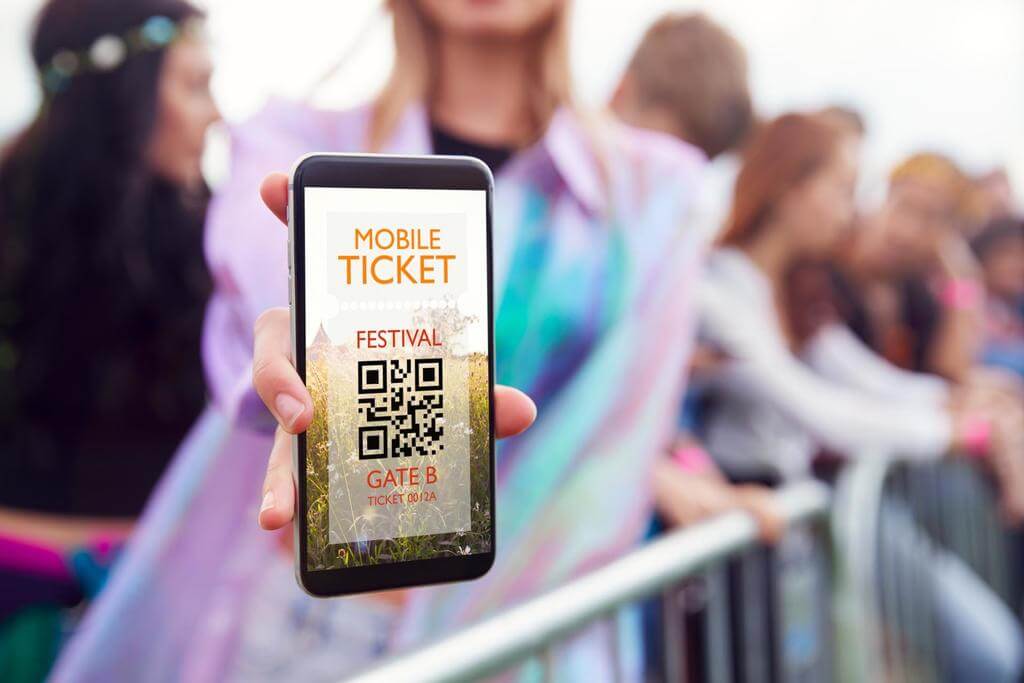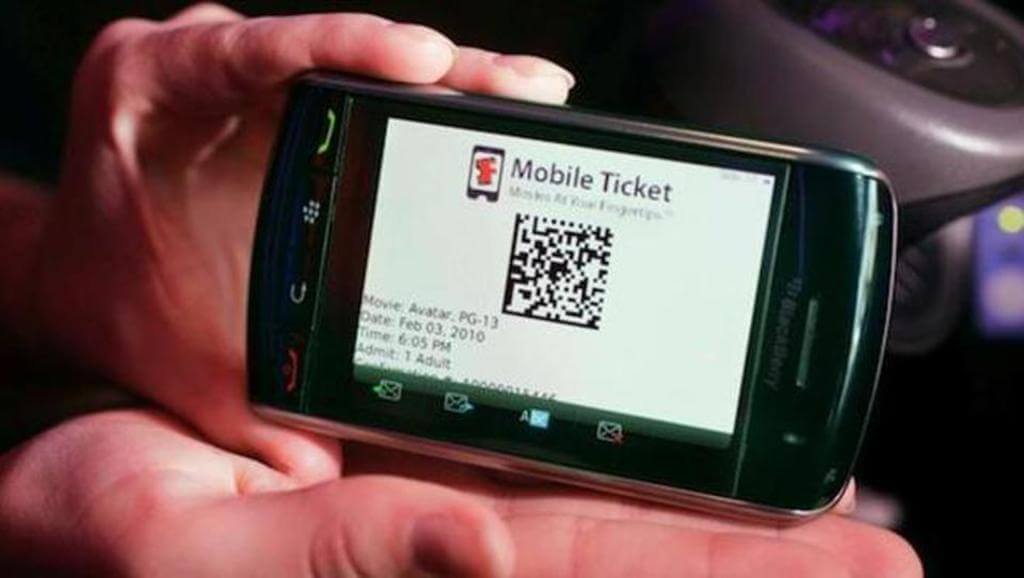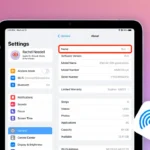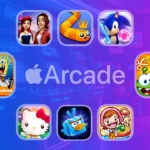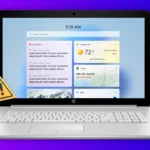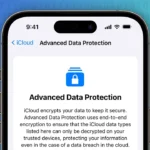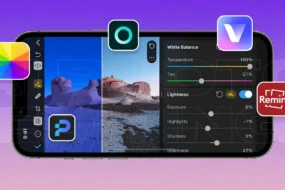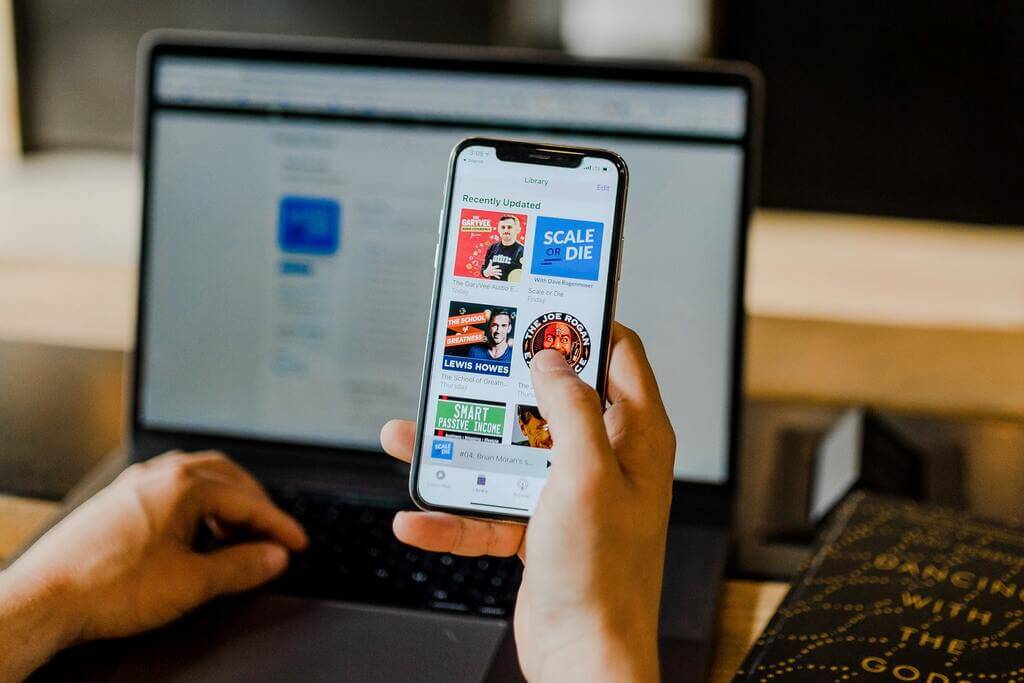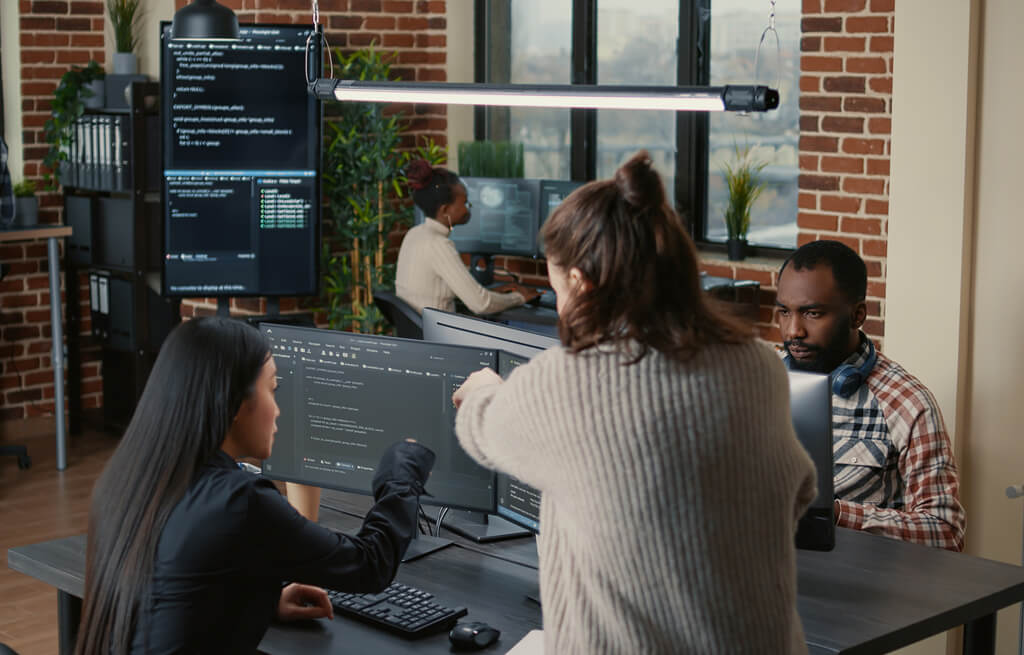Events should use every available method to increase awareness and sales including utilizing mobile ticketing options. Below are the various benefits of mobile ticketing for events as opposed to manual issuance of tickets.
Time Efficient
It is no surprise that it takes less time to purchase online tickets than the time required to purchase the manually printed tickets. After going through the tedious process of calling on the phone to order tickets to the time required for delivery, it’s a tedious and time-wasting process. Just as it is easy to order items from an online store, the convenient and improved decision method is mobile ticketing. One of the benefits of online ticketing is prior-booking, and this means everything is automated, hence time-saving.
Cost-Effective
Online ticketing is usually relatively free compared to physical ticketing that could take a toll on your profit. Though these prices can be negligible if you intend to host a small event, thereby owning a free account on the event registration & planning platform. Manually printing and distributing tickets can be very expensive.
There are other costs to take into consideration like fees for sound equipment and control, transportation fare for the mailer, etc. With tickets being delivered automatically to the mail or phone number of the recipient there is no cost incurred for the organizer enabling him to make a profit from his event comfortably.
Create Awareness
Issuing a mobile ticket is a subtle way to create awareness for the event and future events. How is this possible? Mobile tickets are usually downloadable except the event planner says otherwise. Once the ticket is downloadable by participants, they can share the details as images on their social media, therefore keeping their online friends and followers abreast of the event. With the permission of the event organizer, the ticket posted on social media can reach several other people, and they’ll become aware of the event. When a piece of information flies from one device to another, the level of awareness is strengthened.
Professionalism
Purchasing tickets manually is only proper if it is done within a vicinity. But buying tickets online gives sends a message of professionalism and builds trust within interested participants. Some audiences prefer to purchase their tickets online since it’s easier, stress-free and they don’t have to go out of their way to do so. Besides, professionalism is perceived when the proposed participants can order the event ticket conveniently online without glitches.
Security
There are various methods to check the list of attendees for an event which include the traditional method and the digital method. In the traditional method, it is required that a prospective attendee skims through the list to confirm his/her name, and this might unpleasant for the audience who would have to endure a long queue waiting to confirm names before they are checked in.
Digitally, it would be easier to check in attendees with the use of a computer or modern tablet. Through this process, there is an approach to verifying tickets to ensure spam tickets are weed out and denied access to the venue. This can be done through a QR code.
Accessibility
As the host of the event, you might need to access information about your event at any time. And when the need arises to convey valid information to the target audience it is simply sent to their mail. Unlike in the manual process whereby it’s almost impossible to make last-minute changes since manual tickets are difficult to edit. Also, there is no reliable database where information can be accessed after registration.
24/7 Service
There is a limitation when using manual sales of tickets compared to online sales. For instance, if an attendee needs to confirm a piece of information regarding the event at odd hours of the day, there is a possibility that he/she won’t get a response. However, when the ticket is issued online, there is usually a FAQ section. Therefore, only events that are planned appropriately would create a FAQ section for attendees to get information before, during, and after event registration and the ticket purchase.
Discover More:

